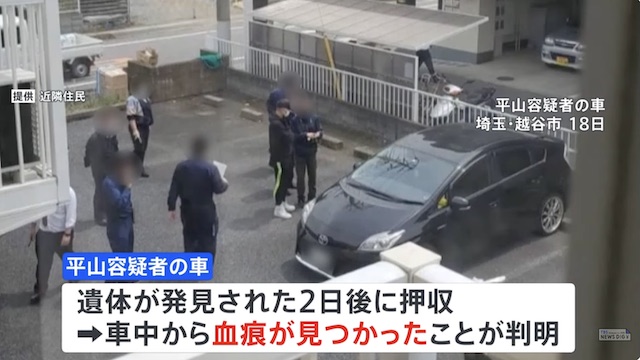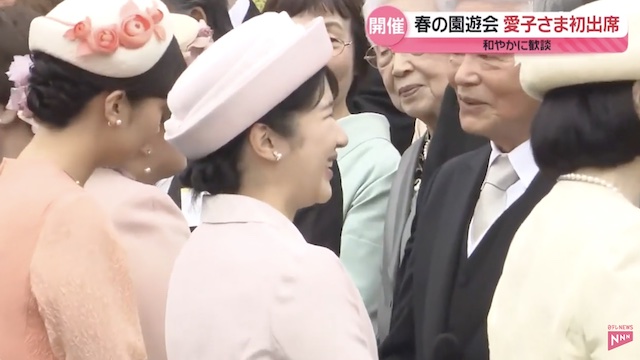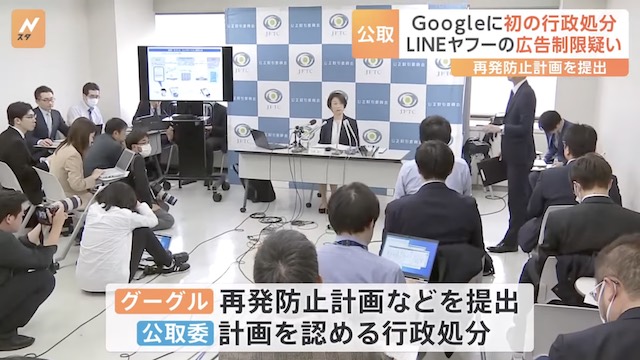Jul 04 (Japan Times) - Japan is considering a package of law revisions to step up its fight against the coronavirus by strengthening the authorities of central and prefectural governments, such as introducing punishment for those refusing to follow business suspension or quarantine orders, government sources said Thursday.
The legislation will be submitted to the Diet no later than next year's ordinary session, according to the sources.
The package is expected to include amendments to the revised special measures law to fight new strains of influenza, as well as the quarantine and immunization laws.
Under the current system, prefectural governments issue business suspension requests and orders after arrangements with the central government, based on the new influenza law. But such requests and orders are often ignored as the law stipulates no enforcement measures such as penalties.
In early May, governments of prefectures including Hyogo, Kanagawa, Niigata, Chiba and Fukuoka issued business suspension orders to pachinko parlors which in turn ignored repeated requests to shut down to prevent further spread of coronavirus and continued to operate even after their names were disclosed.
Some pachinko parlors, however, continued operation, and even those that followed the orders resumed operation after business closure requests for other commercial facilities were relaxed.
The central government is considering introducing penalties for failures to follow prefectural governments’ business suspension orders, which would be meted out after on-site inspections by local public health offices.
But the government may find it hard to build a consensus on the penalization. Many people say that measures to enforce business suspension should come with compensation.
The legislation would also give the central government clear legal authority to directly give health offices instructions related to the implementation of polymerase chain reaction (PCR) tests for the coronavirus.
This measure is being considered in response to complaints from many that health offices became dysfunctional, overwhelmed by heavy workloads linked to PCR tests.
The quarantine law would be amended to make it clear that those who do not follow requests to stand by for quarantine at airports will be subject to punishment.
The government will also consider revising the immunization law to prepare for the expected use of coronavirus vaccines. The revision would allow the government to give instructions directly to municipal governments that carry out vaccination.









